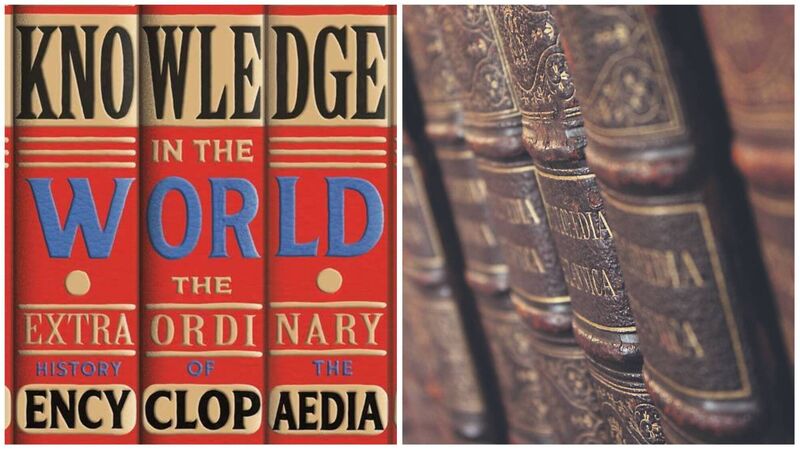Book review: The Extraordinary History of the Encyclopaedia

Simon Garfield’s All the Knowledge in the World is a valentine to the monumental significance of encyclopaedias. Picture: Rod Lawton/PhotoPlus Magazine/Future via Getty Images
- All the Knowledge in the World: The Extraordinary History of the Encyclopaedia
- Simon Garfield W&N, €24.99




